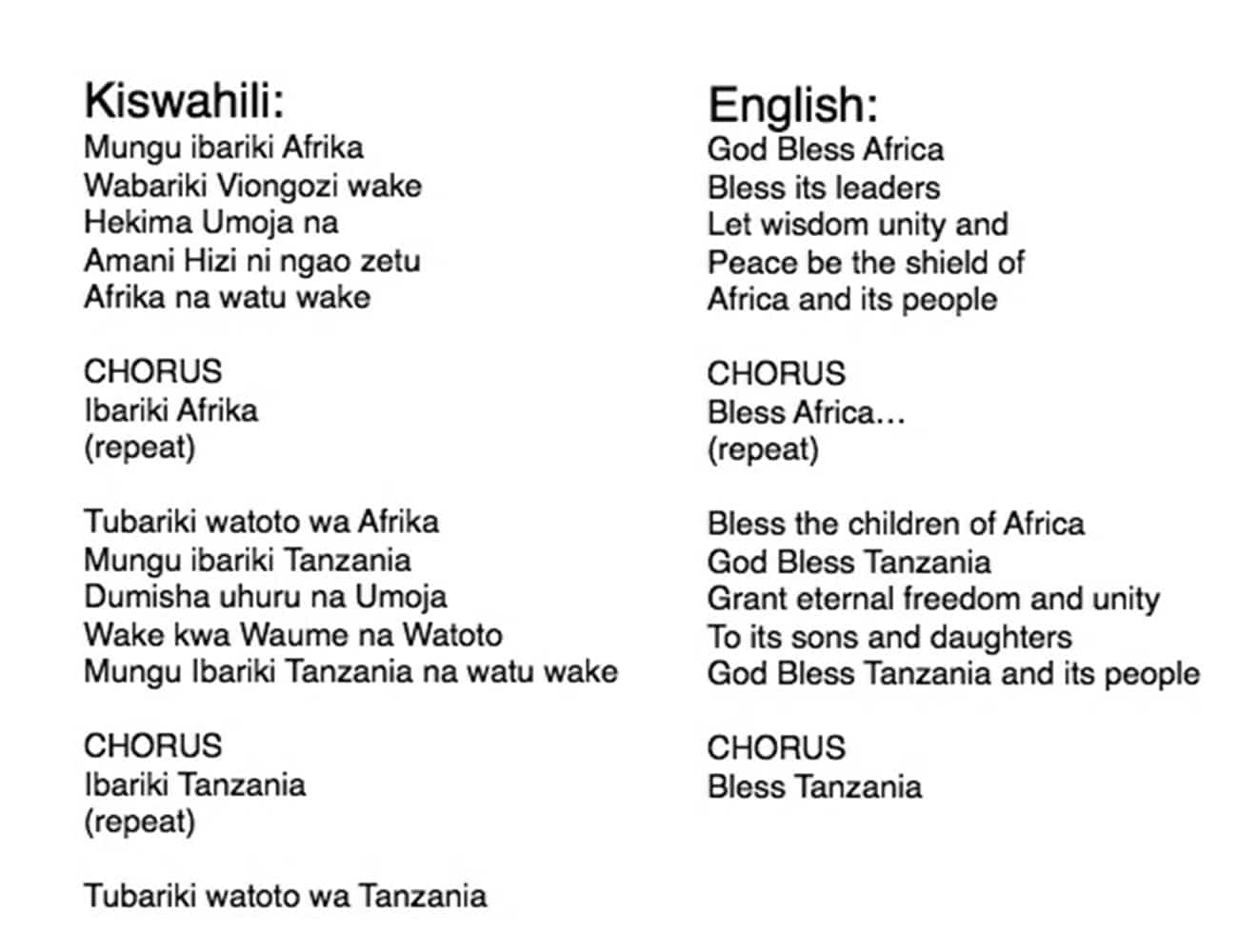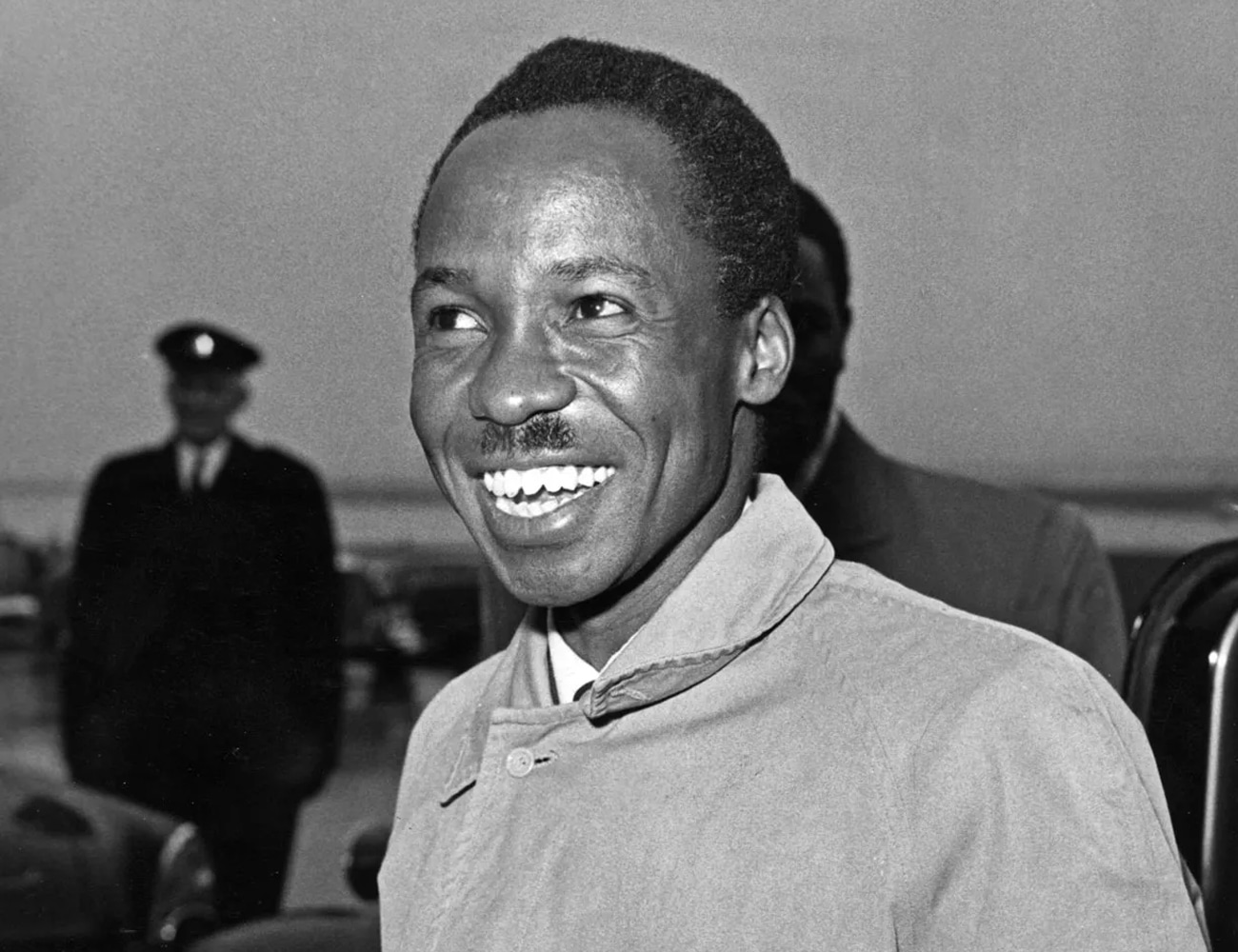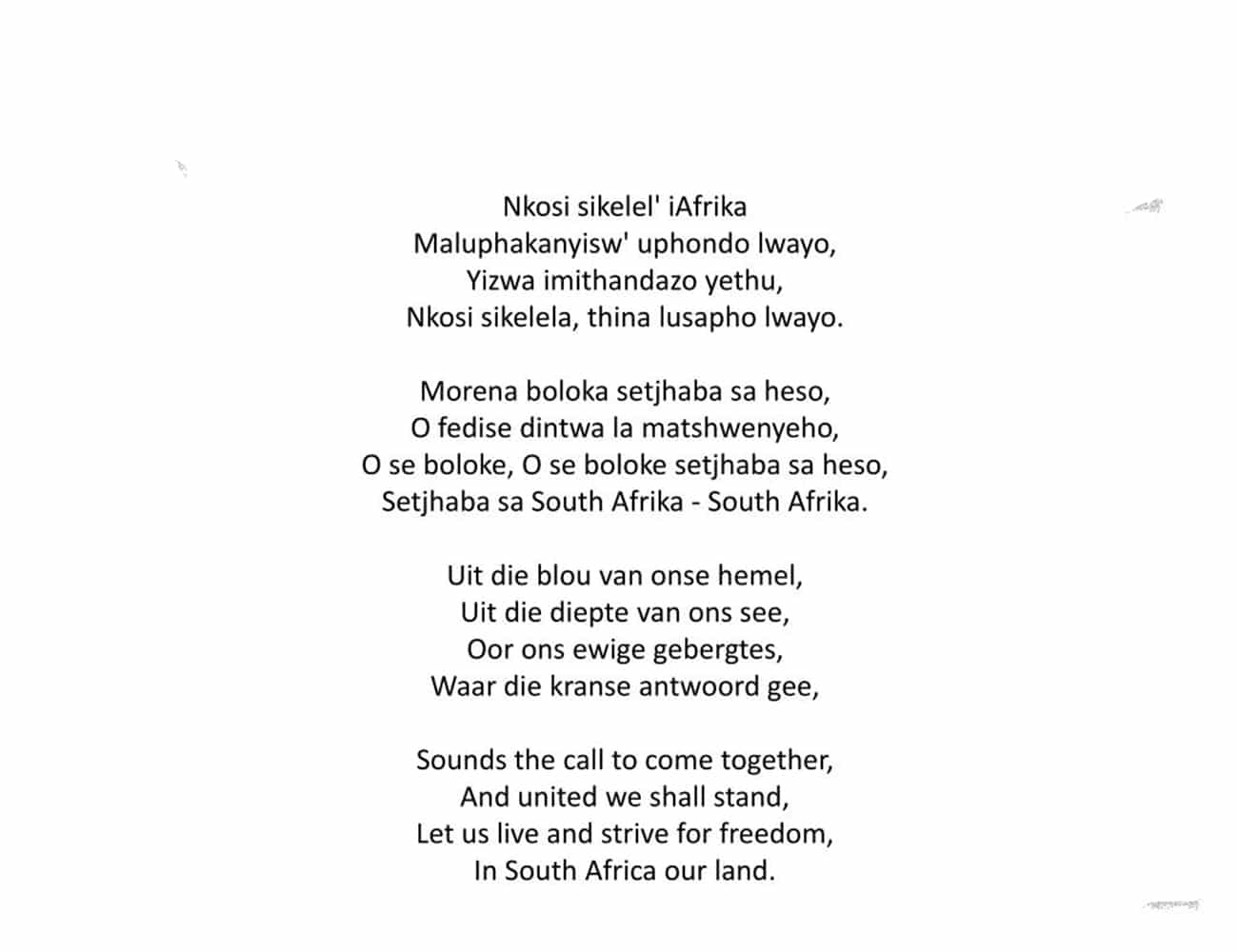From Rich Cultural Heritage to Powerful Poetic Lyrics: Discovering the Meaning Behind Tanzania and South Africa’s National Anthems
From the stunning landscapes of Tanzania to the rich cultural tapestry of South Africa, these two African nations boast a heritage that is as diverse as it is fascinating. But did you know that their national anthems not only reflect their unique histories but also encapsulate the hopes, dreams, and aspirations of their people? In this article, we delve into the meaning behind Tanzania and South Africa national anthem, exploring the powerful poetic lyrics that have been sung for generations.
The significance of national anthems
National anthems hold a special place in the hearts of the citizens of a country. They are more than just a song; they are a symbol of national identity, unity, and pride. These anthems are often composed with careful thought and consideration, capturing the essence of a nation’s history, values, and aspirations. They are sung on various occasions, from sporting events to official ceremonies, serving as a reminder of the shared heritage and common goals of the people.
Before we delve into the Tanzania and South Africa national anthem, let’s discuss the history of each country’s national anthem to understand what each lyric or word stands for as well as the symbol.
An overview of Tanzania’s national anthem

Tanzania’s national anthem, “Mungu Ibariki Afrika” or “God Bless Africa,” is a powerful composition that resounds with a sense of unity and pride. Written in Swahili, the anthem pays homage to the African continent and its people. The lyrics evoke a spirit of resilience and strength, calling upon divine blessings for Africa and its nations.
The history and symbolism behind Tanzania’s national anthem

Tanzania gained its independence from colonial rule in 1961, and its national anthem was adopted shortly after. The lyrics were written by Mwalimu Julius Kambarage Nyerere, the first President of Tanzania, who played a crucial role in the country’s struggle for independence. The anthem reflects the ideals of unity, freedom, and progress that Nyerere envisioned for Tanzania and Africa as a whole.
The anthem’s symbolism is deeply rooted in Tanzania’s history and culture. It highlights the continent’s natural beauty, abundant resources, and the resilience of its people. The lyrics also express gratitude for the blessings bestowed upon Africa and its nations, calling upon God to guide and protect them.
Exploring the lyrics and meaning of Tanzania’s national anthem
The lyrics of Tanzania’s national anthem paint a vivid picture of the African continent and its people. Let’s delve into the meaning behind each verse:
Mungu ibariki Afrika
Wabariki Viongozi wake
Hekima Umoja na Amani
Hizi ni ngao zetu
Afrika na watu wake.
The first verse, “Mungu ibariki Afrika,” translates to “God bless Africa.” It is a powerful invocation, seeking divine blessings for the continent and its people. The subsequent lines, “Wabariki Viongozi wake,” or “Bless its leaders,” express the desire for wise and just leadership that will guide Africa towards progress.
The second verse, “Hekima, Umoja na Amani,” translates to “Wisdom, unity, and peace.” These values are considered essential for Africa’s development and prosperity. The lyrics emphasize the importance of unity among the African nations and the pursuit of peaceful coexistence.
The final lines, “Hizi ni ngao zetu, Afrika na watu wake,” can be translated as “These are our shields, Africa and its people.” This verse reinforces the idea that Africa’s strength lies in its people and their shared values. It serves as a reminder that the continent’s rich heritage and diverse cultures are its greatest assets.
An overview of South Africa’s national anthem
South Africa’s national anthem, “Nkosi Sikelel’ iAfrika” or “God Bless Africa,” is a powerful and stirring composition that symbolizes the overcoming of adversity and the pursuit of freedom. Combining elements of five different languages, including Xhosa and Zulu, the anthem celebrates the diversity and unity of the South African nation.
The history and symbolism behind South Africa’s national anthem

South Africa’s journey towards freedom and equality has been marked by struggle and resilience. The country’s national anthem reflects this history and the desire for a united and prosperous nation. “Nkosi Sikelel’ iAfrika” was originally composed as a hymn by Enoch Sontonga, a South African teacher and composer, in the late 19th century. It gained popularity and became an anthem of resistance during the apartheid era.
The anthem’s symbolism lies in its lyrics, which combine elements of different languages and cultures. The inclusion of phrases in Xhosa, Zulu, Sesotho, Afrikaans, and English represents the diversity of South Africa’s population and acknowledges the importance of inclusivity and unity.
Exploring the lyrics and meaning of South Africa’s national anthem
“Nkosi Sikelel’ iAfrika” is a hymn that has deep meaning and significance for the people of South Africa. Let’s dive into the lyrics and their interpretation:
Nkosi sikelel’ iAfrika
Maluphakanyisw’ uphondo lwayo,
Yizwa imithandazo yethu,
Nkosi sikelela, Thina lusapho lwayo.
The first verse, “Nkosi sikelel’ iAfrika,” can be translated to “God bless Africa.” It is a powerful invocation, seeking divine blessings for the continent and its people. The subsequent line, “Maluphakanyisw’ uphondo lwayo,” translates to “May her horn be raised,” symbolizing the triumph over adversity and the pursuit of freedom.
The second verse, “Yizwa imithandazo yethu,” means “Listen to our prayers.” This line expresses the hopes and dreams of the South African people, their desire for a better future, and their plea for their voices to be heard.
The final line, “Nkosi sikelela, Thina lusapho lwayo,” can be translated as “God bless us, your children.” It signifies the unity and brotherhood of the South African people, regardless of their background or ethnicity. It is a reminder that they are all part of one nation, working together towards a shared vision.
A comparison of the two national anthems
The Tanzania and South Africa national anthem share common themes of unity, pride, and divine blessings for the African continent. Both anthems celebrate the rich cultural heritage of their respective nations and acknowledge the challenges they have overcome.
While Tanzania’s anthem focuses on the resilience and strength of Africa, South Africa’s anthem highlights the triumph over adversity and the pursuit of freedom. The inclusion of multiple languages in South Africa’s anthem reflects the country’s diversity and the importance of inclusivity.
Despite their differences, both national anthems serve as powerful reminders of the shared values and aspirations of their people. They evoke a sense of national pride and unity, fostering a sense of belonging and identity among citizens.
The power of national anthems in preserving cultural identity
National anthems are more than just songs; they are powerful symbols of a nation’s history, culture, and aspirations. Tanzania’s “Mungu Ibariki Afrika” and South Africa’s “Nkosi Sikelel’ iAfrika” embody the hopes, dreams, and resilience of their people.
These anthems serve as a reminder of the rich cultural heritage and diverse landscapes that make Tanzania and South Africa unique. They unite the citizens, regardless of their differences, and inspire them to strive for a better future.
By understanding the meaning and significance behind the Tanzania and South Africa national anthem, we gain a deeper appreciation for the values and aspirations that they represent. They serve as a bridge between the past, present, and future, preserving cultural identity and inspiring generations to come. So, the next time you hear these anthems being sung, take a moment to reflect on the powerful messages they convey and the unity they inspire.
For more articles related to Politics in Tanzania, click here!


































